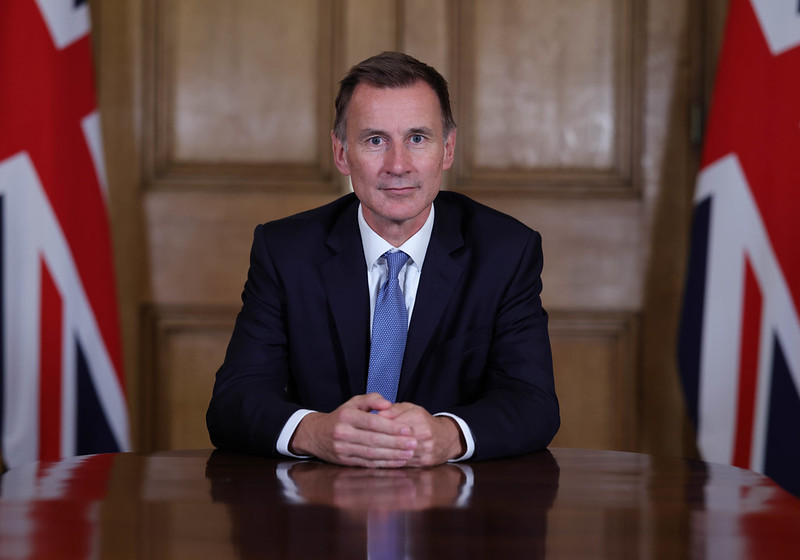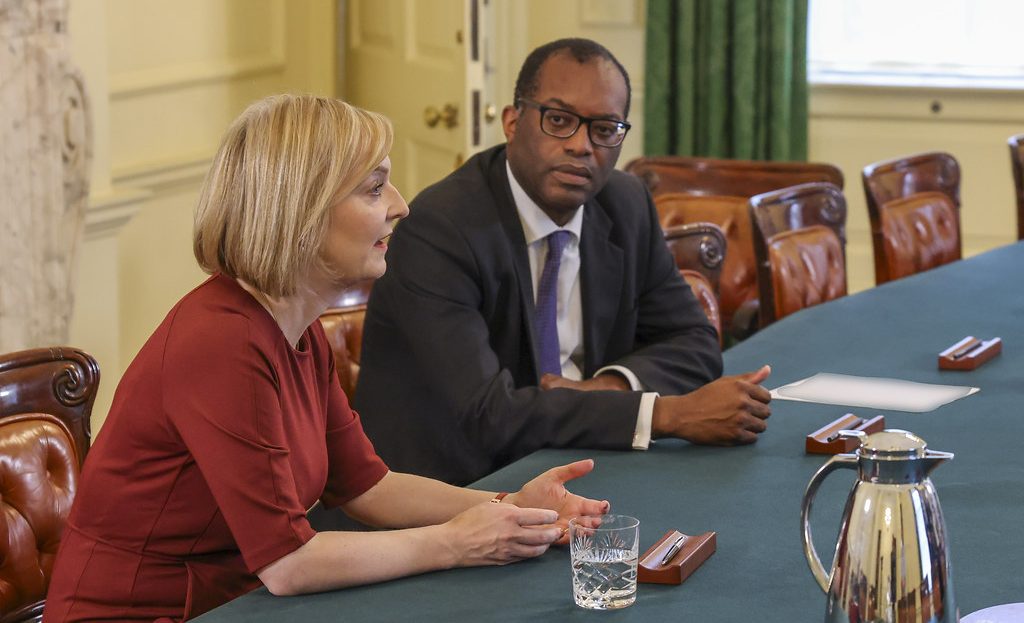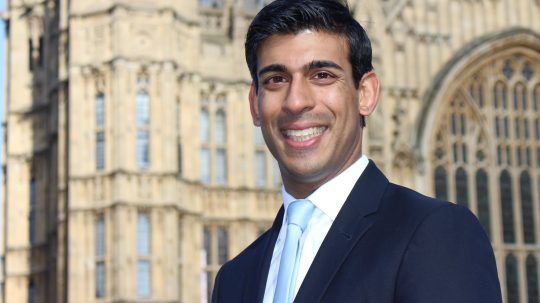Last week, the chancellor of the exchequer Jeremy Hunt released the autumn statement, which he says will deliver a plan to tackle the cost of living crisis and rebuild the economy. The budget, which has been nicknamed ‘the memorial service for Trussonomics’, comes amid findings from the UK’s economic forecaster that household incomes will dive by 7% and unemployment will rise by more than 500,000 across the country.
Hunt says the statement of November 17 prioritises stability, growth and public services, and is providing “fair solutions” despite taking “difficult decisions”.
High borrowing, high debt, high tax
In terms of cash, the Office for Budget Responsibility (OBR) estimates the budget deficit – the gap between spending and income – to be £177bn between 2022-23. In a forecast in March this year, the OBR had estimated that borrowing would be £99.1bn.
The chancellor announced a range of tax threshold freezes, including for income tax and inheritance tax for a further two years, on top of an existing four-year freeze, to April 2028.
Paul Johnson, director of the Institute for Fiscal Studies, said: “After the next election, if those post-election plans are delivered, it will feel pretty austere. That is a grim place to be – high borrowing, high debt, high tax, and yet a lot of public services feeling under strain. How can all that be the case? Surely with lots of tax and lots of borrowing it should be boom time for public spending.”
Johnson continued: “Part of the answer of course lies in the fact that we just got a whole lot poorer. That is the central fact that underlies most of what we heard.
“With defence spending cuts off the table, an ageing population and pressures everywhere else you look, my guess is that we are in a new era of higher taxation, higher spending (as a fraction of national income) and a bigger state.”
Standards of living
The chancellor has set out a legally enforceable minimum wage for people aged over 23, increasing from £9.50 to £10.42 an hour from April 2023.
However, a report by the OBR highlighted a striking statistic – once rising prices are taken into account, household incomes will drop by 7% in the next few years. Unemployment is also set to rise by more than 500,000 across the UK.
Johnson said: “Down 7% over this year and next, the biggest fall in living memory and off the back of very poor income growth for many years. This will hit everyone. But perhaps it will be those on middling sorts of incomes who feel the biggest hit. They won’t benefit from the targeted support to those on means-tested benefits. Their wages are falling and their taxes are rising. Middle England is set for a shock.”
Earnings and household incomes have barely risen in recent years and Johnson said it looks like people will be “30% worse off than expected had pre-financial crisis trends continued through to the mid-2020s”.
The UK is facing the blow of a range of impacts including long-term failure to grow the economy, an ageing population and high levels of borrowing in recent years. Household incomes are set to fall then recover gradually, and public services will continue to struggle.
Last week, the chancellor promised to double investment in home and industry energy efficiency by £6bn from 2025. He has also committed to increase education spending by £2.3bn a year.
Social care reforms pushed back, again
The chancellor said that in a bid to free up hospital beds, £1bn has been allocated for social care for 2023, followed by £1.7bn a year after, funded by savings from delayed reforms.
There will also be a £3.3bn increase in NHS funding, which Hunt described as “a Conservative government putting the NHS first”.
“First, it is awful that the social care reforms will not now be implemented next year as planned,” said Johnson. “I rather fear that another two-year delay amounts to a death knell for these vital changes. Government should not be making and then reneging on promises like this which matter so much to vulnerable people.”
Universal credit and disability benefits
Since March, the OBR has revised its estimates of spending on disability and universal credit benefits by staggering £7.5 billion a year and estimates of the number of recipients by more than a million. At the same time, there is a delay until 2028 in moving existing claimants of out-of-work health-related benefits onto Universal Credit.
“This looks horribly like an effort to push a relatively small increase in spending to beyond the forecast horizon, and in doing so delaying the full roll-out of the new system. This is very odd, and very concerning,” Johnson said.
The autumn statement states: “While delivering overall spending restraint, the government is prioritising further investment in the NHS and social care, and in schools. Supporting these two public services is the government’s priority for public spending.”





